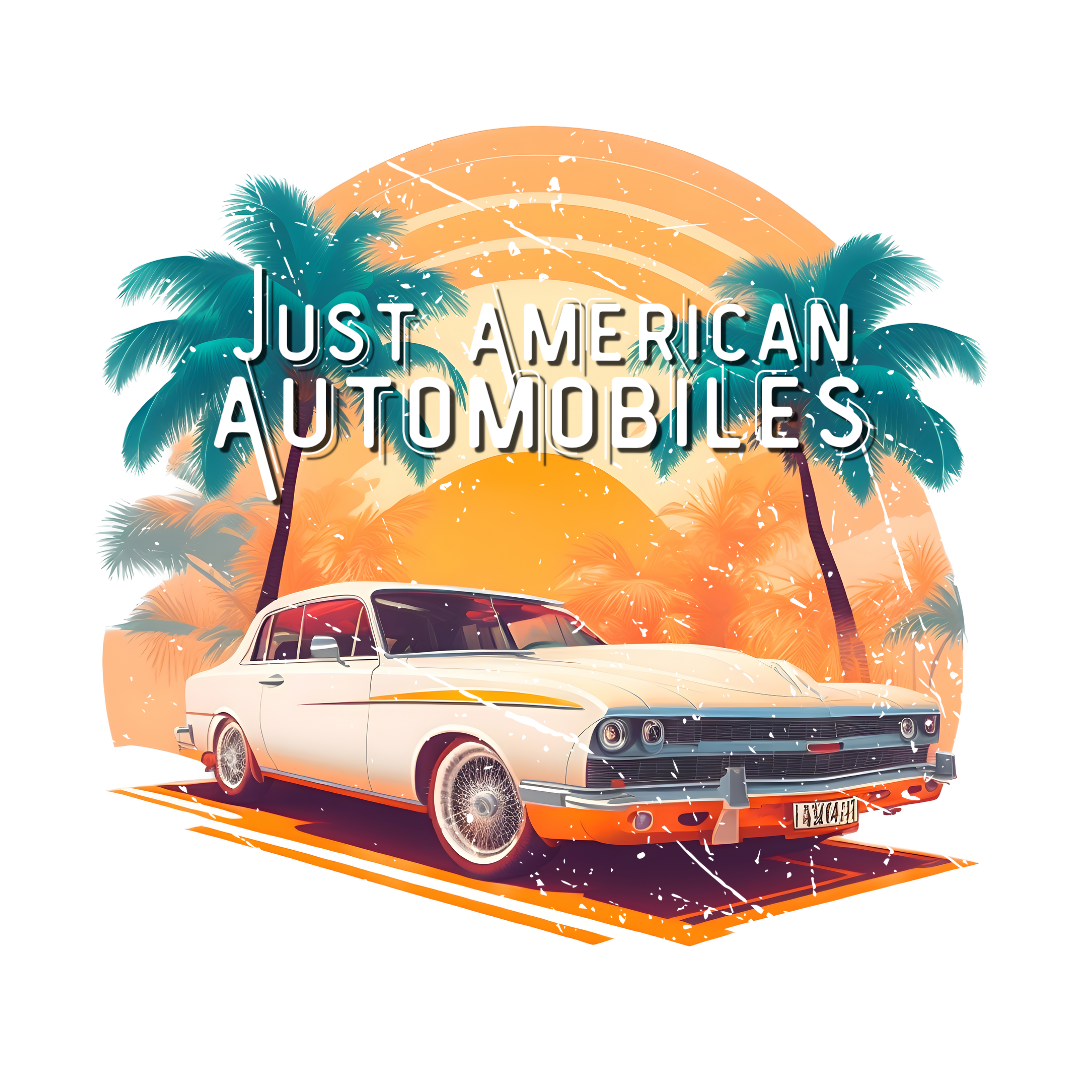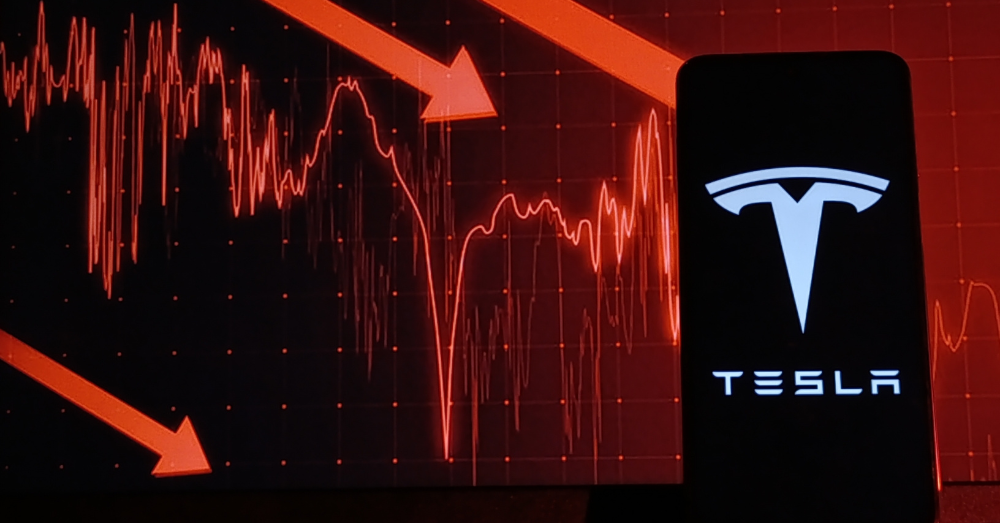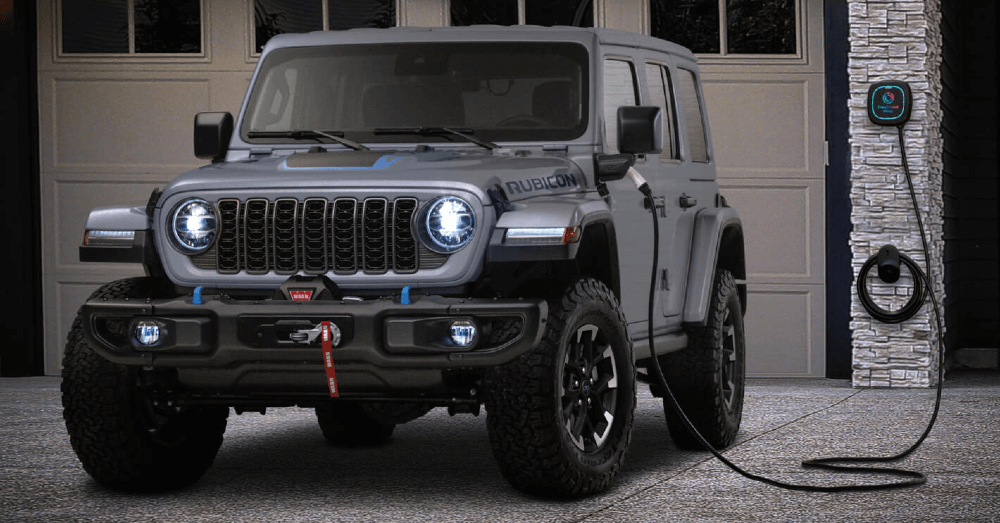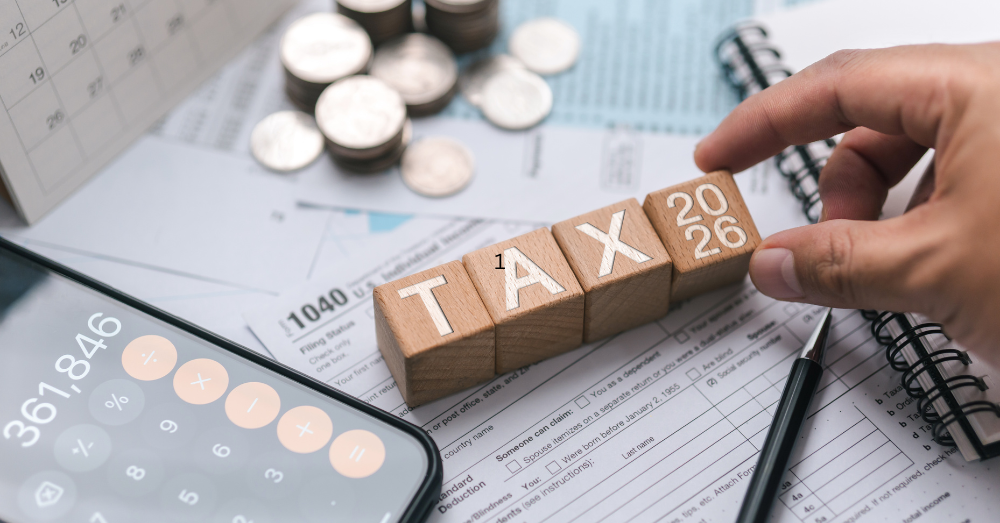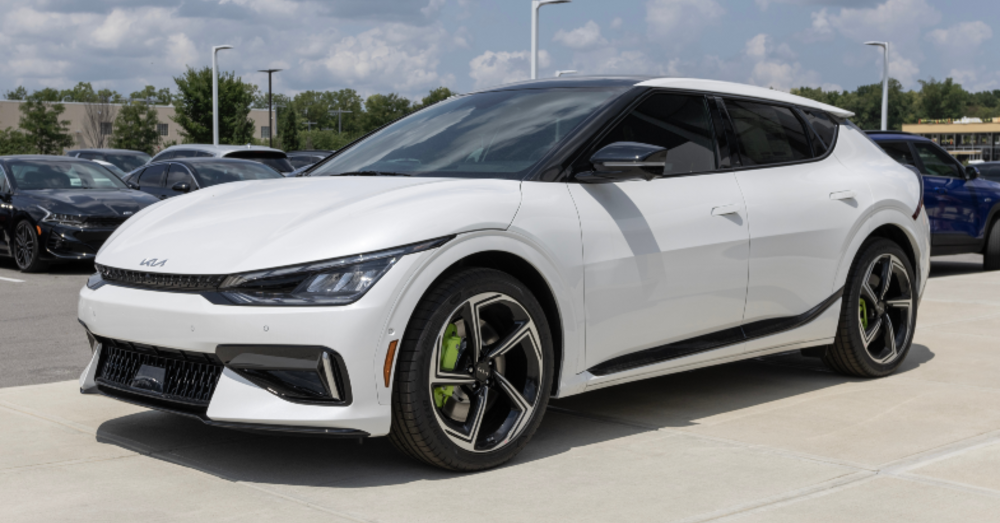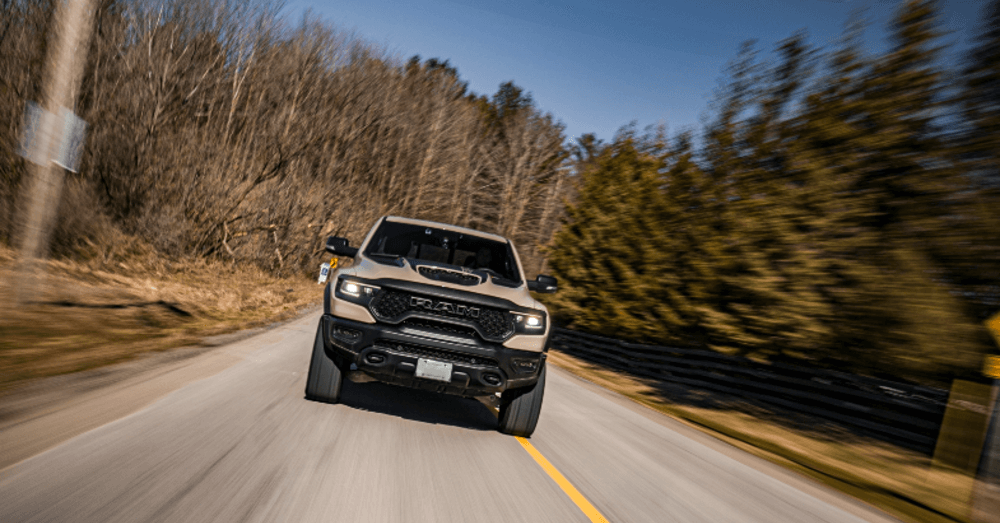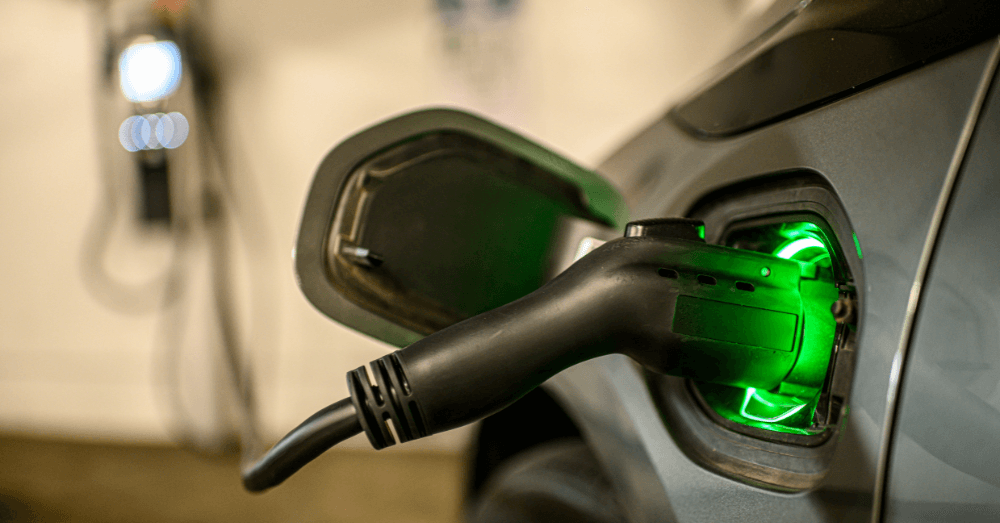When people search for cars for sale, Tesla often comes to mind, but that could soon change. The company is under intense scrutiny from California regulators over how it describes its driver-assistance features, and the outcome of an upcoming hearing could have far-reaching consequences for Tesla and for other advanced automotive technology sold across the board.
Why Tesla’s Dealer License Is on the Line
At the center of the dispute is California’s Department of Motor Vehicles (DMV), which claims Tesla misled consumers with language suggesting its vehicles could operate on their own. Specifically, the DMV argues that Tesla’s branding of Autopilot and Full Self-Driving created the impression that drivers could disengage entirely, a claim the company disputes.
If the DMV wins, Tesla’s dealer license in California could be suspended or revoked. That would block the company from selling new vehicles in its largest U.S. market. Even for a brand that famously avoids traditional dealerships, the loss of California as a retail state would be a major blow.
What This Means for the Car Market
California consistently leads the country in electric vehicle adoption. Tesla’s presence there is massive in sales volume and in visibility. If the brand loses its license, shoppers looking for cars for sale could face fewer local options, and Tesla owners might see disruptions in service or support.
Other automakers are watching closely. As more brands roll out advanced driver-assistance systems, how those systems are described could come under similar scrutiny. The case could set a precedent for how features like lane-keeping, adaptive cruise control, and semi-automated driving are marketed.
Free Speech or Misleading Messaging?
Tesla’s legal team argues that its language is protected by free speech and that the marketing materials include disclaimers requiring active driver attention. Critics say that’s not enough, especially when terms like “Autopilot” carry strong associations from other industries, such as aviation.
This isn’t Tesla’s only legal challenge on the topic. In Florida, a separate court case is examining whether Autopilot contributed to a fatal pedestrian crash. Expert testimony there has focused on how branding shapes driver behavior, which raises broader safety concerns.
The Stakes Go Beyond Just One Brand
The hearing’s outcome could change how every ATV dealer, truck manufacturer, and EV startup communicates about technology. It raises a key question: Should automakers be allowed to pitch “future-ready” features that don’t fully exist yet? Should the rules be tighter to reflect only what vehicles can do right now?
When buyers are exploring cars for sale online or at local showrooms, how vehicles are described matters. A crackdown on vague or optimistic language could lead to clearer comparisons, but it might also slow how aggressively companies push their tech stories.
California’s Role in Shaping the Future
California has long acted as a testing ground for new automotive policy. From emissions standards to clean vehicle incentives, decisions made there tend to ripple across the nation. This case is no different. Whether Tesla keeps its license or not, the debate is likely to influence how future vehicles are sold everywhere.
For now, consumers will continue to see plenty of cars for sale, promising advanced features. The way those promises are written may soon have to change.
